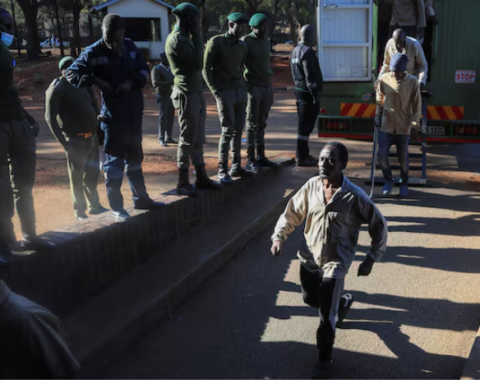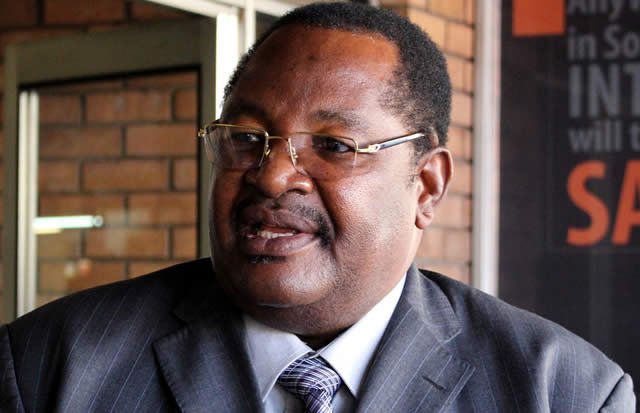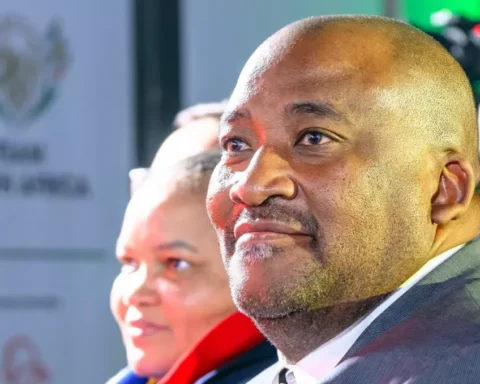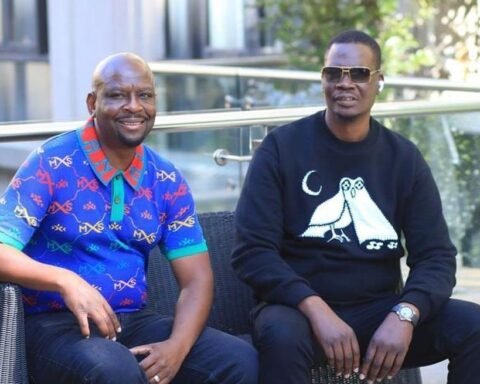In Zimbabwe, a recent sensitisation workshop on sexual reproductive health rights, organised by Katswe Sistahood, has brought to light the prevailing resistance against LGBTQI rights among some of the nation’s lawmakers. The sentiments echo the longstanding cultural and religious stances that have historically informed the country’s policies on sexual orientation and gender identity.
Energy Mutodi, Bikita South legislator and chairperson of the Parliamentary Committee on Justice, Legal and Parliamentary Affairs, was notably vocal against the idea of legally recognising LGBTQI sexual rights. “It’s something that the society is trying to understand, but we are saying we don’t want our people practising homosexuality,” Mutodi stated, highlighting a perceived threat to the continuation of the human race.
Supporting Mutodi’s stance, Hurungwe East legislator Chenjerai Kangausaru adamantly opposed the notion of same-sex marriages, citing biblical creation narratives as the foundation for his argument. “We will not stand one day and pass a law that allows same-sex marriages,” Kangausaru affirmed, referencing the story of Sodom and Gomorrah as a cautionary tale.
The discussions among the Zimbabwean lawmakers reflect a deeper societal reluctance to engage with issues surrounding LGBTQI rights. Tsitsi Zhou, a Midlands proportional representation legislator, expressed concern that even discussing LGBTQI issues could influence the country’s youth, potentially leading them to question the constitutional status quo.
Zimbabwe’s tough stance on LGBTQI rights is not new. The late former President Robert Mugabe was known for his homophobic stance, which was cemented into law with the Criminal Law Act 2006, criminalising gay acts. The legacy of such policies casts a long shadow over current debates on sexual rights in the country.
This resistance within Zimbabwe’s legislative body comes at a time when other sub-Saharan African countries have also intensified their anti-LGBTQI legislation. Notably, Uganda, under President Yoweri Museveni, passed the Anti-Homosexuality Act, which is known for its severe penalties for certain homosexual acts.
The international community continues to watch these developments closely, with human rights organisations expressing concern over the treatment of LGBTQI individuals in regions where their rights are not recognised or protected. This ongoing tension between traditional beliefs and the push for broader human rights highlights the complex socio-political landscape that many African countries, including Zimbabwe, are navigating.
The debate in Zimbabwe poses critical questions about the balance between cultural and religious norms and the principles of human rights and individual freedom. As these discussions unfold, the future of LGBTQI rights in Zimbabwe remains uncertain, with international observers advocating for a more inclusive approach that respects the rights of all citizens.








